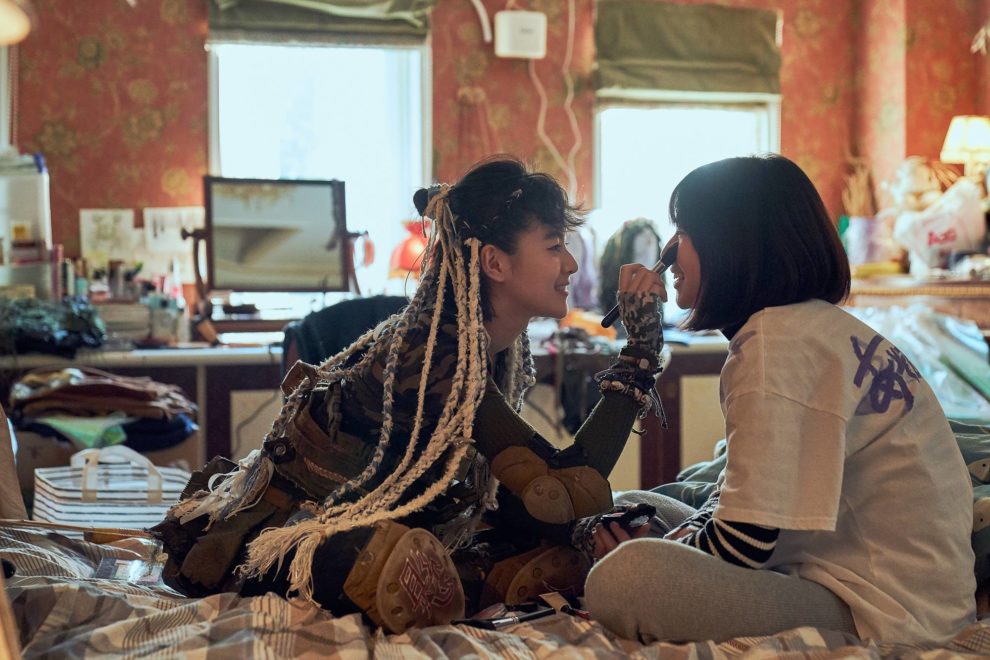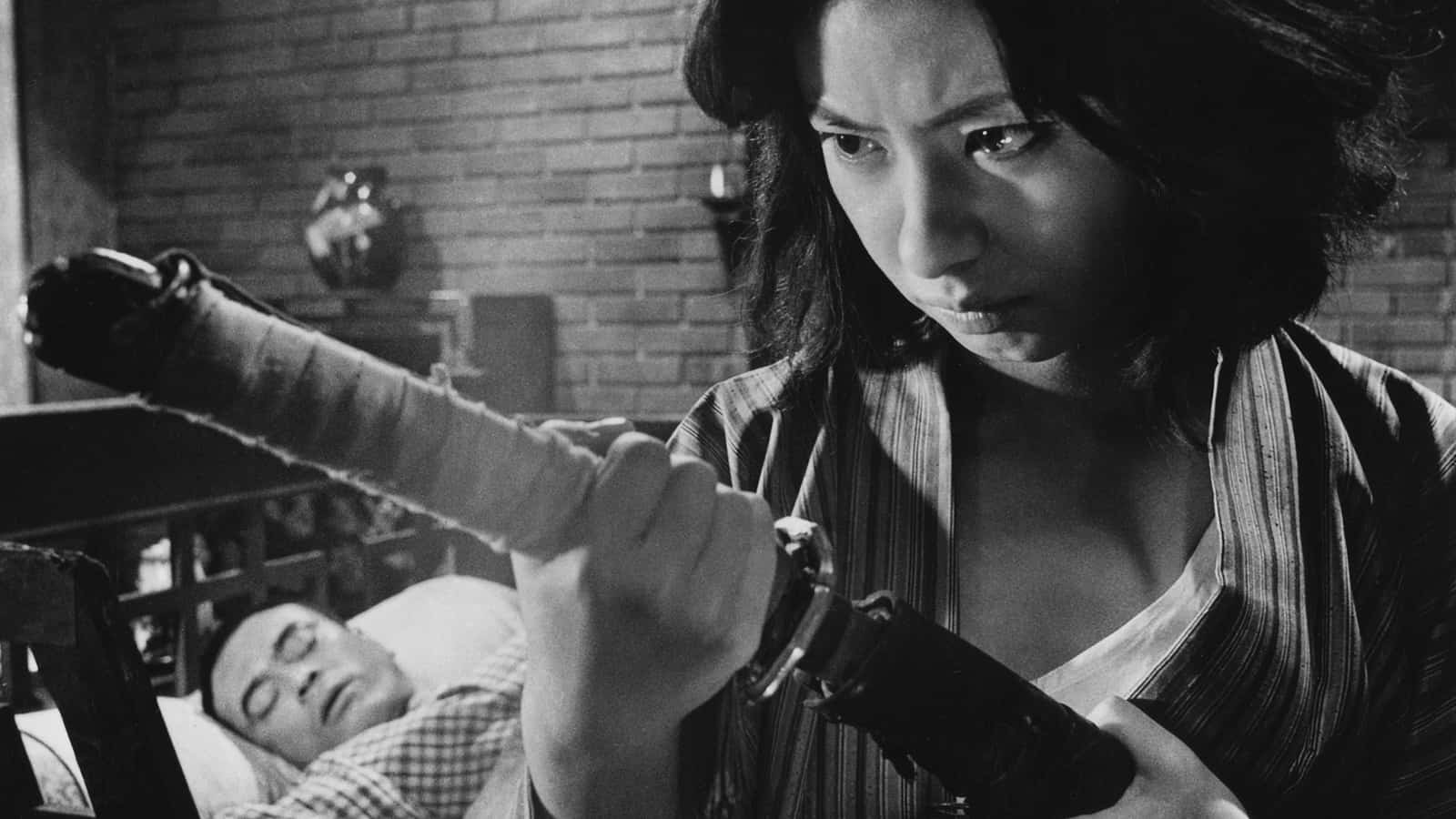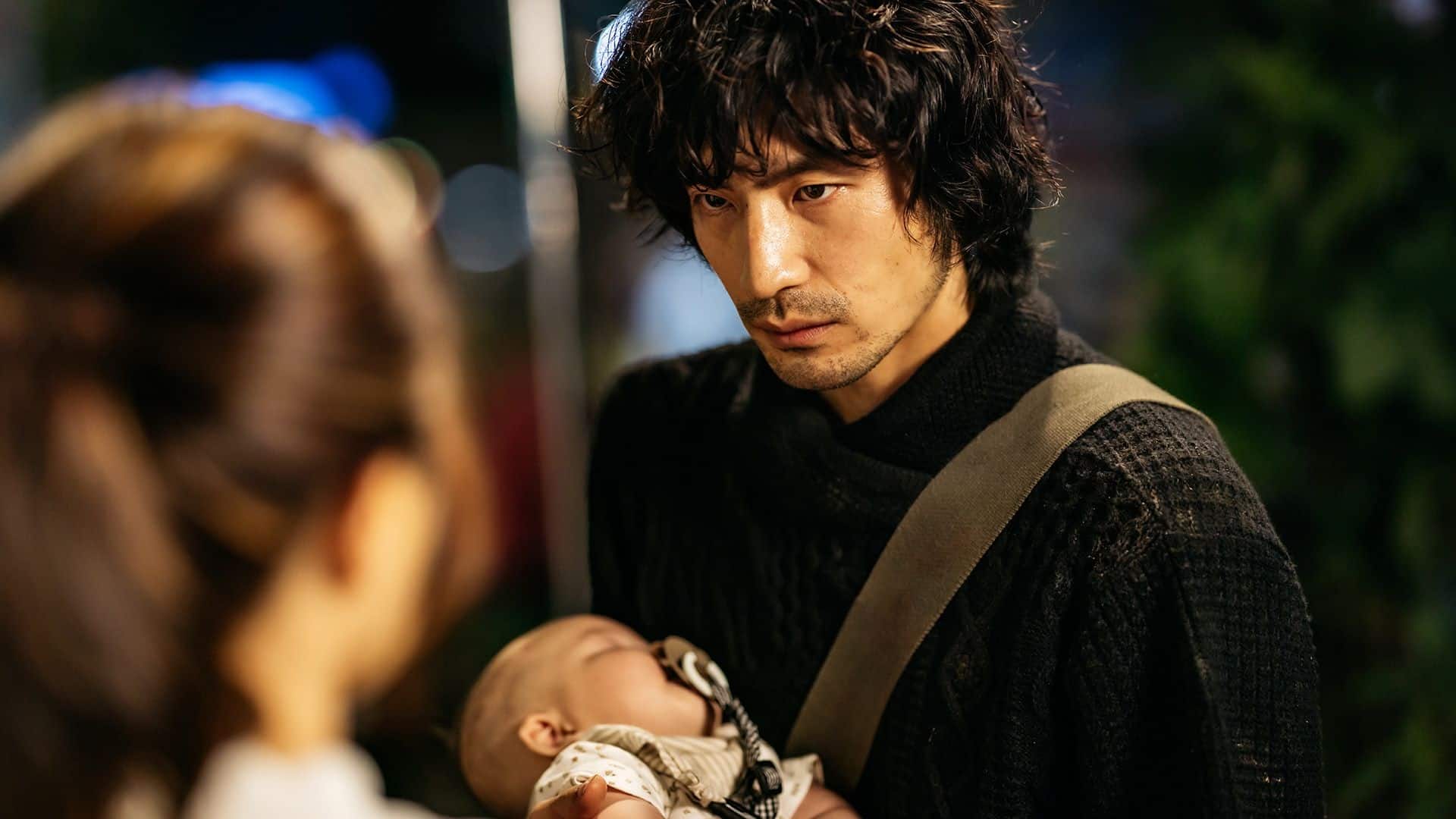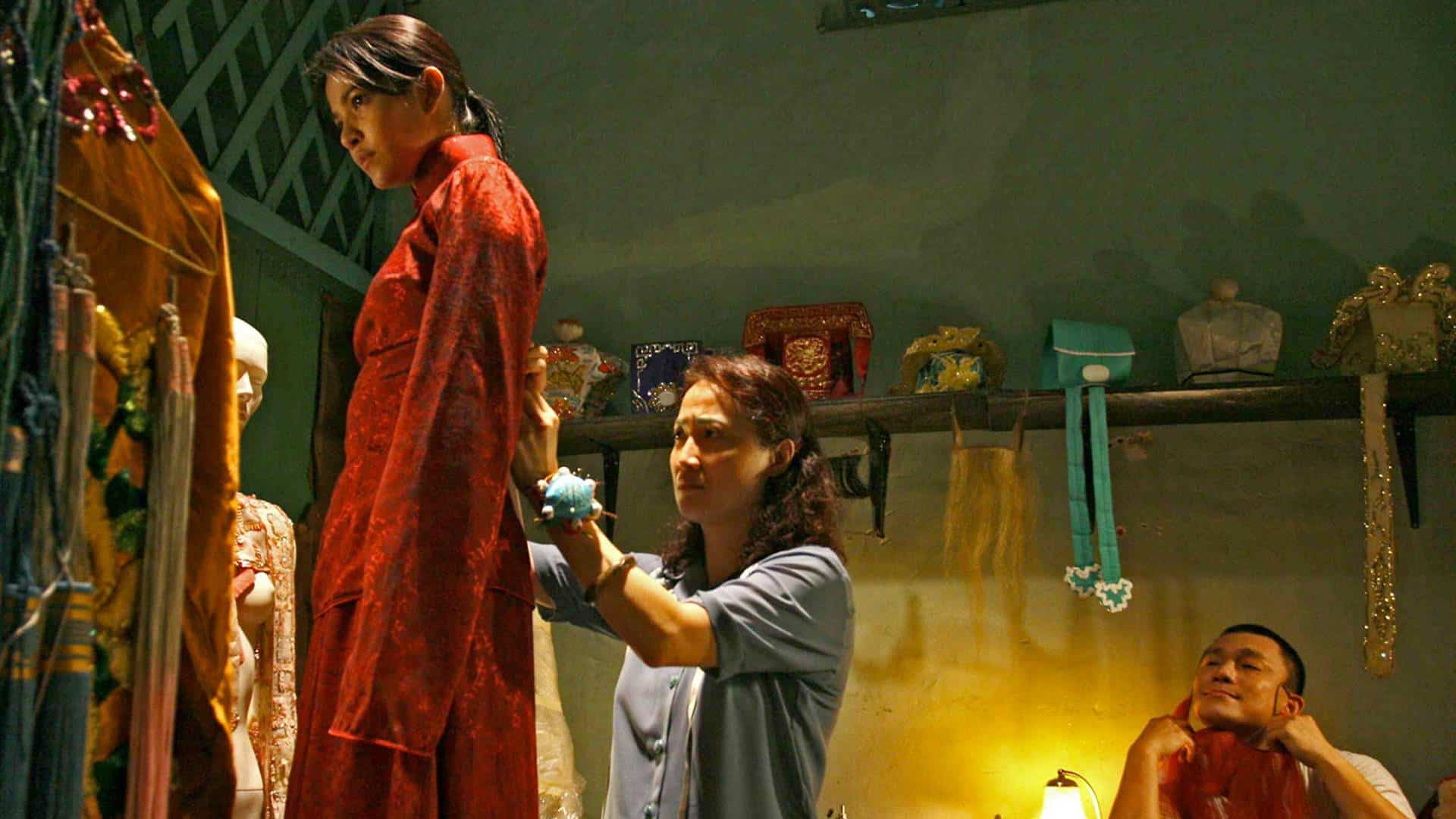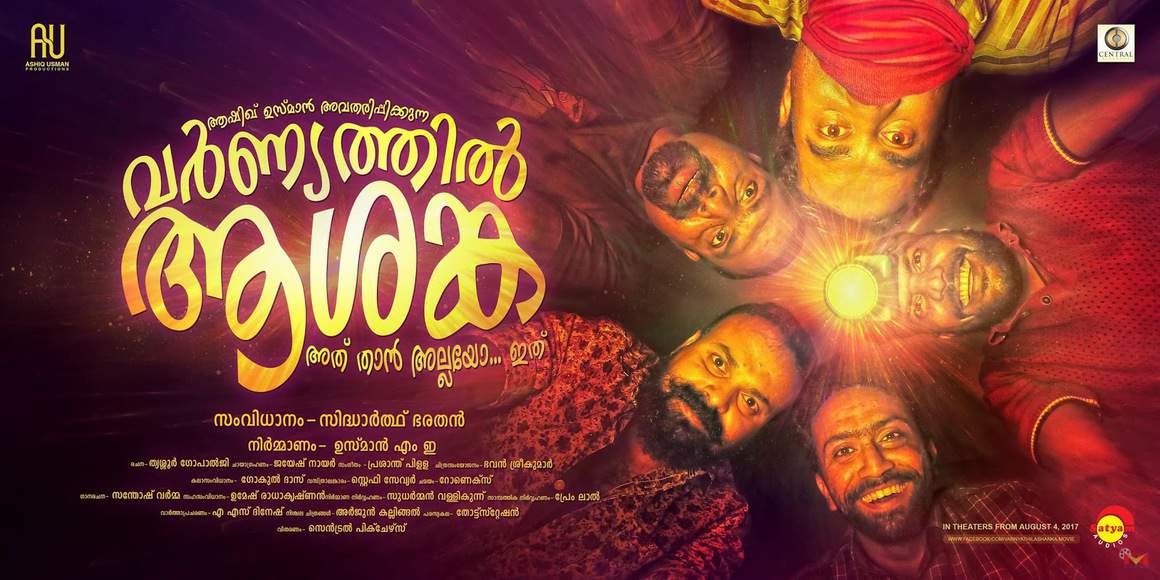The way the parents' actions and choices affect their children, even when they do not realize it, even when they have just good intentions, is a rather interesting topic that Asian cinema has explored repeatedly. Lai Kuo-an, after his rather successful, in the festival circuit, “A Fish out of Water” also deals with this particular theme, by inducing it with an element of surrealism.
Melody Go Round is screening at Busan International Film Festival

Melody and her parents have just moved into a borrowed mansion following her father's bankruptcy, who decided to invest into SE Asia and ended up losing all their money. Her mother is now forced to work in a jewelry store, with their marriage essentially having ended, and them desperately trying to keep appearances for Melody's shake. She, however, has already realized what is going on, while her mother's affair and her father's selling of counterfeit electronics (even involving her) do not help her mental status at all. In order to escape from a reality that suffocates her, Melody eventually discovers an abandoned amusement park, where he creates a world of her own, the Moon Kingdom, which is also inhabited by a series of other youths her age, in a Peter Pan setting that definitely helps her cope with her life. Eventually, though, fantasy and reality start overlapping.
Lai Kuo-an directs a film about the difficulties of growing up with two parents who have stopped loving each other, and are also quite naive to think that they can go on with their marriage without their adolescent offspring realizing anything. As such, the immaturity of the two becomes rather palpable here, although in different axes. The father, portrayed by a great James Wen, is one of those likable losers that always manage to survive in life no matter how many mistakes they make, usually at the expense of the people around them. The mother on the other hand, in an equally convincing performance by Peggy Tseng, is essentially a drama queen, who can only accuse her husband for what is going on, and is still not sure of what she wants from her life. The fact that she bombards the “agreement” to stay together for Melody's sake when she starts an affair, essentially shows how self-centered she is, and even more so, how something like that could never work. Of course, the father is not much better in his endeavors, but the worst thing is that neither of them realize at all how much their actions harm their daughter, in a concept that implies that maybe they were not cut to be parents after all.
As such, Melody has to face bullying in school, where she is quite quickly ostracized, while her need to escape eventually causes various issues for her, with her parents never realizing what is happening. Heme Liao is also quite convincing in the role, particularly in the moments she is alone thinking she is not, while the buildup to her downward spiral is one of the most appealing aspects of the movie.
Equally appealing is the whole concept of the “Lost Boys”, which benefits the most by the eerie setting of the abandoned theme park, as its presentation, as exhibited by the excellent cinematography, is what truly sets the film apart. On the other hand, some scenes that indulge in the almost supernatural could have been omitted here, since they are not exactly justified by what is happening in Melody's mind. The same applies to her parent's fate in the theme park, with the aforementioned being the only scenes that stray away from the overall realism the narrative follows. Lastly, the editing induces the movie with a relatively fast pace that works nicely here, as it allows for all three protagonists to be analyzed thoroughly in the 102 minutes of the movie.
Despite some small issues here and there, “Melody Go Round” emerges as a rather intriguing drama that highlights its main topic through a rather original approach.


